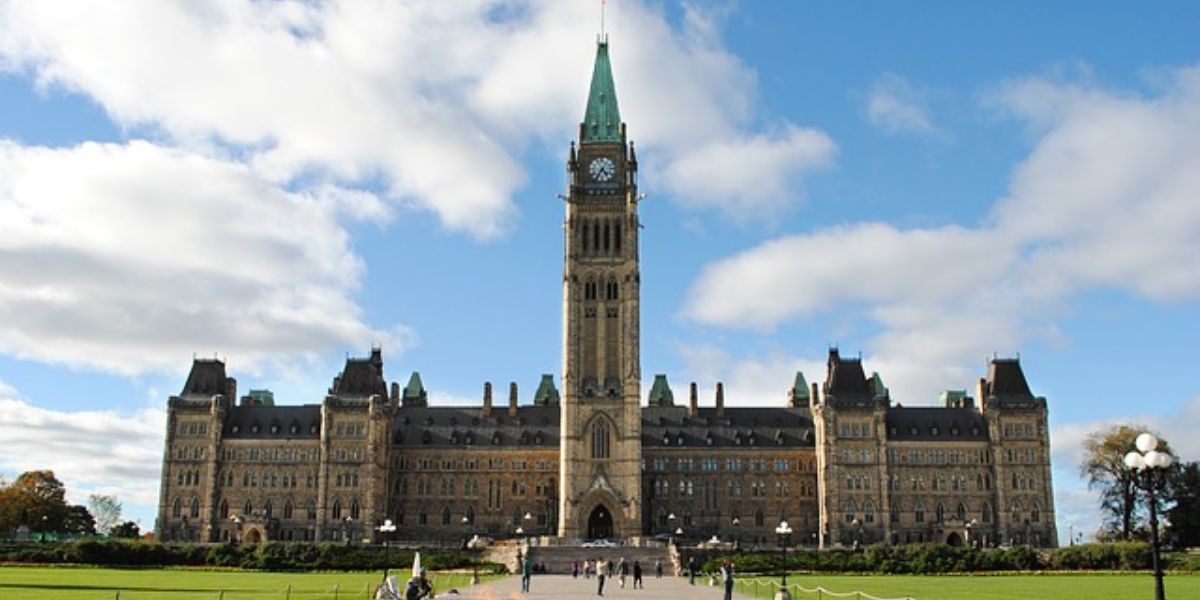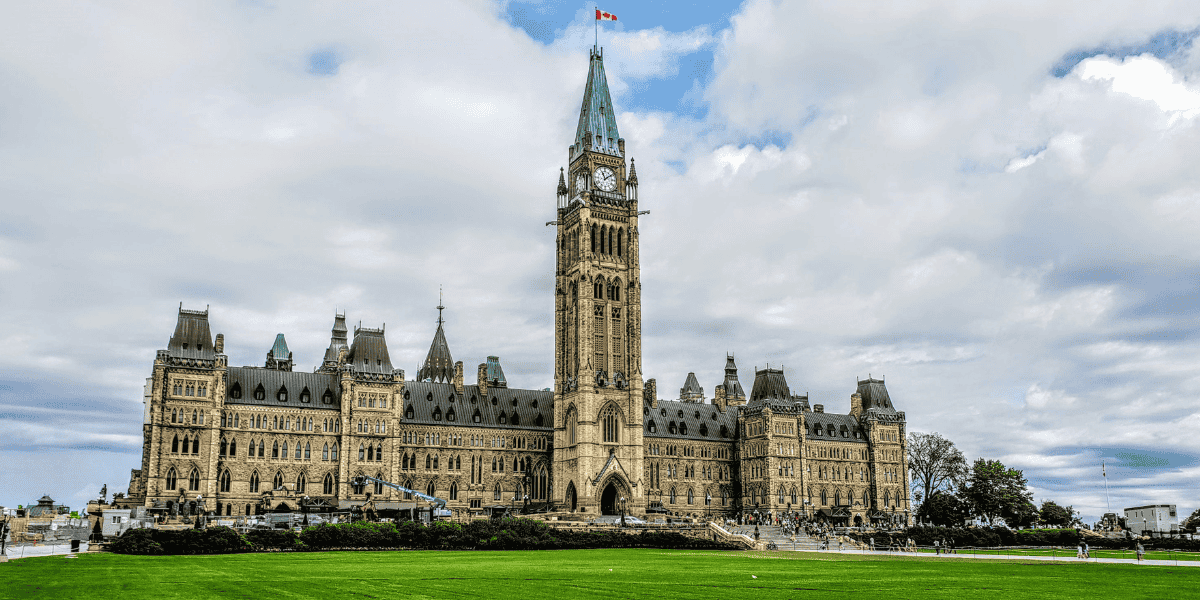Canada’s federal government has announced a detailed tariff package, which includes a comprehensive list of US products that will now face a 25% tariff, effective 4 March 2025, in response to the recent US tariffs on imports of Canadian goods.
Earlier, on 1 February 2025, the US announced it would impose 10% tariffs on energy imports from Canada and 25% tariffs on all other imports from Canada, effective 4 February 2025. The US subsequently delayed the entry into force of the tariffs to 4 March 2025. In response to these tariffs, Canada is imposing reciprocal tariffs of 25% against CAD 30 billion in imports of goods from the US, effective 4 March 2025.
The government is also issuing a notice of intent to implement a second round of tariffs and is seeking views on imposing tariffs on CAD 125 billion in imports of additional goods from the US. This second round of tariffs will be subject to a comment period prior to implementation.
Canada’s Department of Finance stated in a news release that this is just the first phase of countermeasures. If the US continues its tariffs, Canada’s response will expand to CAD 155 billion, covering more products. Additional tariffs would take effect in 21 days.
Canada challenges US tariffs with WTO complaint
Canada has filed a formal complaint with the World Trade Organisation (WTO), arguing that US tariffs violate the General Agreement on Tariffs and Trade (GATT) and the WTO’s Trade Facilitation Agreement.
Provincial governments respond to trade tensions with targeted measures
Canada’s provincial governments are also taking action alongside the federal response. In Ontario, Premier Doug Ford announced plans to pull US-origin liquor from shelves and propose a 25% increase in electricity exports to New York, Minnesota, and Michigan.
In New Brunswick, Premier Susan Holt announced a comprehensive support package and action plan that outlines how the provincial government will respond to US tariffs.
The government has sanctioned working capital loans of up to CAD 5 million, which provide financial support to help maintain operations; a new CAD 40 million competitiveness and growth program to enhance the long-term sustainability of New Brunswick’s large export-intensive companies; and CAD 4 million to support the New Brunswick Fisheries Fund.
These actions are in addition to measures that were previously announced, including removing US alcohol from the shelves at NB Liquor, not signing new contracts with American companies, reviewing internal trade barriers, and working with the other Atlantic provinces to find new markets for items traditionally exported to the US, such as seafood and lumber.
Meanwhile, Manitoba’s Premier, Wab Kinew, announced that the province is offering 3-month deferrals on sales and payroll taxes to support businesses.
Nunavut is also suspending American goods purchases for its liquor and cannabis commission.
Tariff remission framework
Canada’s countermeasures aim to pressure the US to remove its tariffs, but there is concern about the economic disruption they could cause. As a result, the Canadian government is offering a remission framework for affected businesses, including options for transitional relief.
Canada’s government is outlining a framework and process for how it will consider remission requests for the tariffs on products from the US that apply beginning on 4 March 2025. Under specific circumstances, remission allows for relief from the payment of tariffs, or the refund of tariffs already paid. Should the government decide to impose additional tariffs on other goods, the remission process would also be available for those goods, with further details provided at that time.












